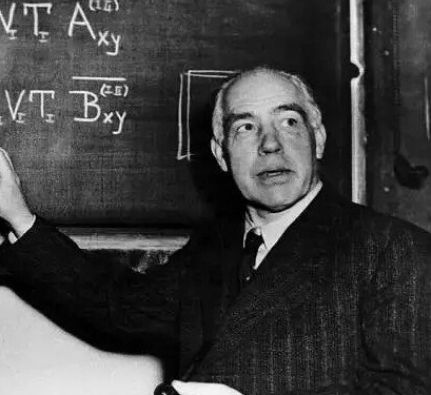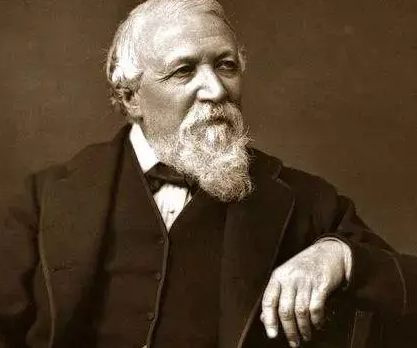In the intersection of philosophy and physics, there exist some thought-provoking problems, among which Boltzmann Brain paradox is a particularly challenging issue. This paradox touches upon our understanding of the universe, consciousness, and information theory, sparking widespread discussion and contemplation.

First, let's delve into the background of the Boltzmann Brain paradox. Boltzmann, an Austrian physicist, made significant contributions in the fields of statistical mechanics and thermodynamics. This paradox originated from his exploration of the second law of thermodynamics, namely the principle of entropy increase. According to this principle, the entropy (degree of chaos) of a closed system always tends to increase until it reaches a maximum. However, Boltzmann posed a thought experiment that challenged the universality of this principle.
He imagined an isolated brain formed through random molecular motion, possessing a highly ordered structure and function. According to the principle of entropy increase, the occurrence of such an ordered structure is extremely unlikely, almost impossible. However, if this scenario did occur, the brain would develop an illusion, believing that its consciousness was generated by external stimuli. This raises a question: how can we determine that we are not such a randomly assembled Boltzmann Brain?
This paradox reveals a fundamental limitation in our understanding of the universe and consciousness. It challenges our intuitive understanding of reality, forcing us to reexamine the nature and origin of self-consciousness.
However, a proper perspective on the Boltzmann Brain paradox does not necessitate despair or skepticism towards everything. Instead, this paradox serves as a reminder to maintain humility and openness in scientific exploration. Although we currently lack a complete explanation for the origin and essence of consciousness, we should acknowledge the limitations of human intelligence and strive to advance scientific development to unveil more mysteries about the universe and consciousness.
Furthermore, the Boltzmann Brain paradox has inspired in-depth research in areas such as quantum mechanics and information theory. These studies not only contribute to the resolution of philosophical problems, but may also provide new ideas and methods for future technological innovation.
In summary, the Boltzmann Brain paradox is an intriguing puzzle that challenges our traditional understanding of reality and consciousness. Although many unanswered mysteries remain, a proper perspective on this paradox can help us better understand the limitations of human knowledge, inspire enthusiasm for exploring unknown territories, and drive scientific progress.
Disclaimer: The above content is sourced from the internet and the copyright belongs to the original author. If there is any infringement of your original copyright, please inform us and we will delete the relevant content as soon as possible.































